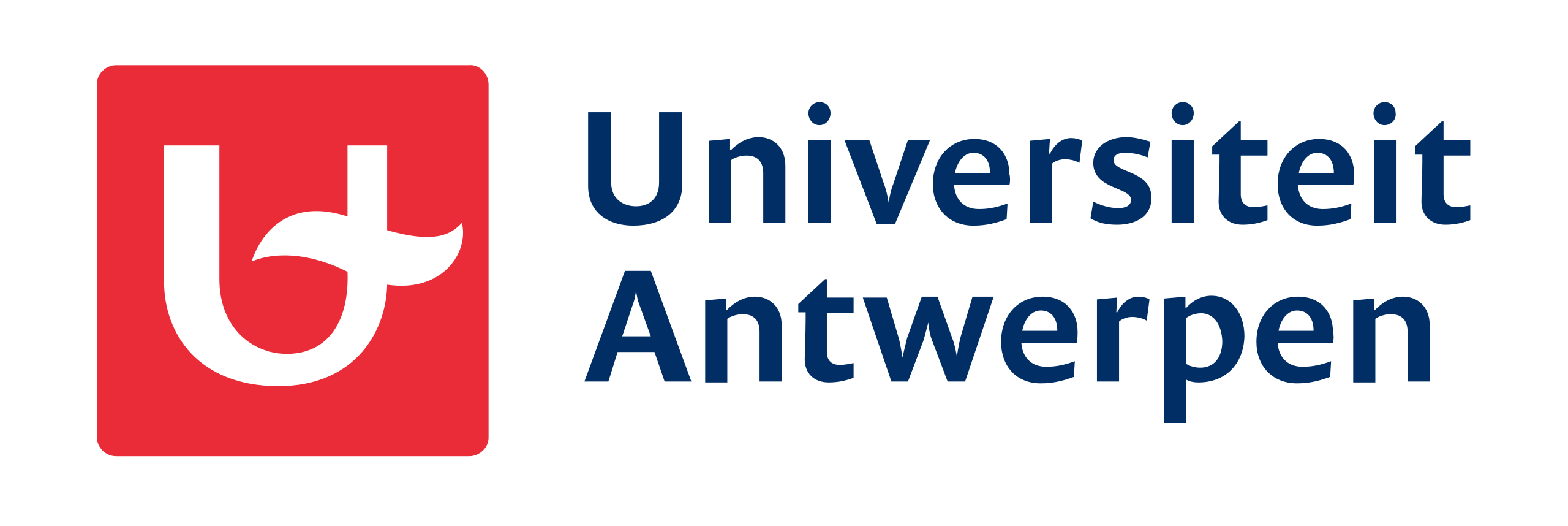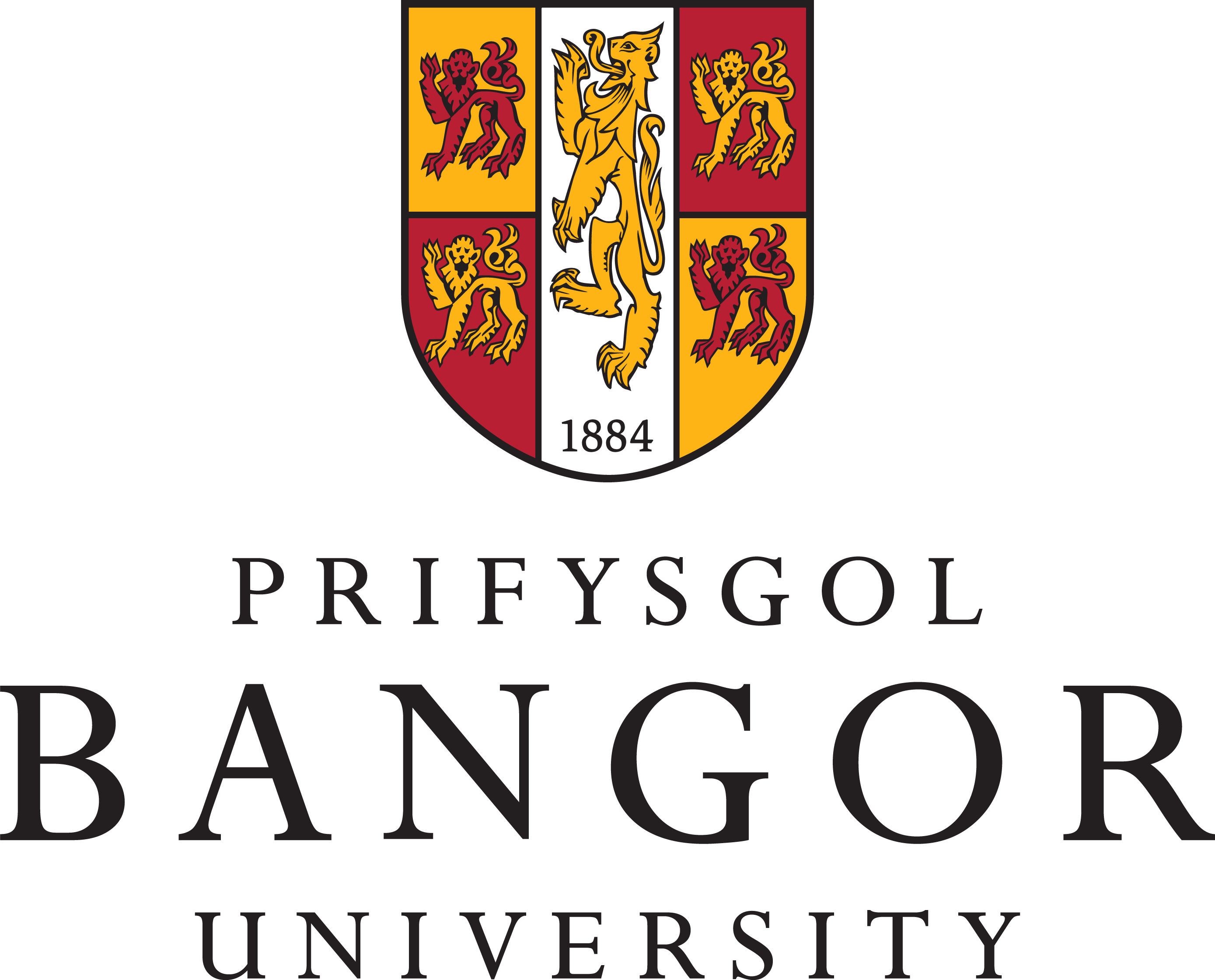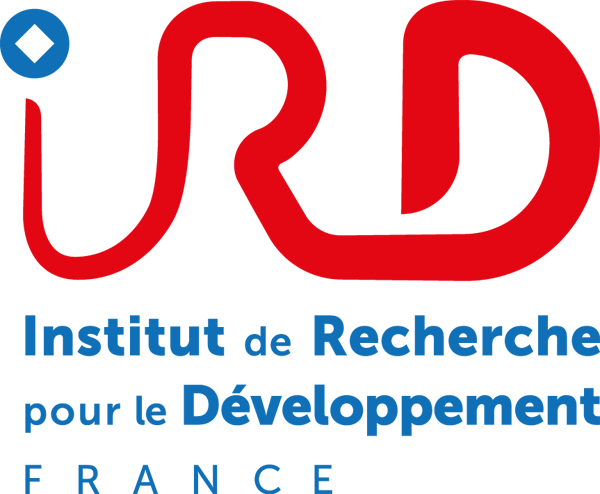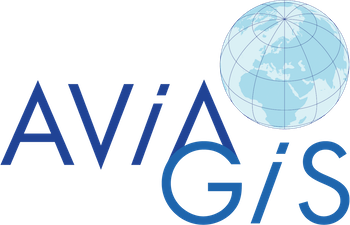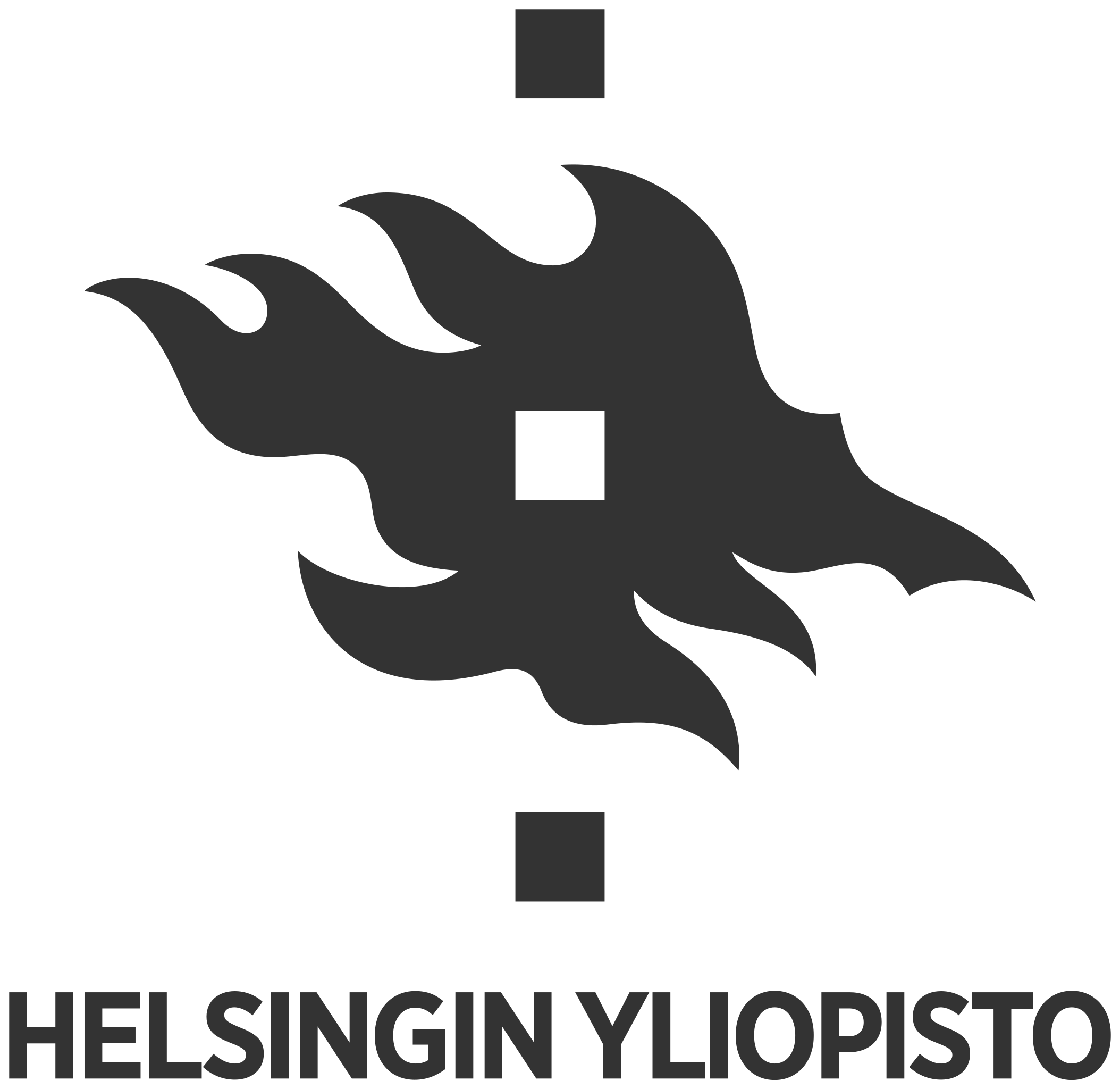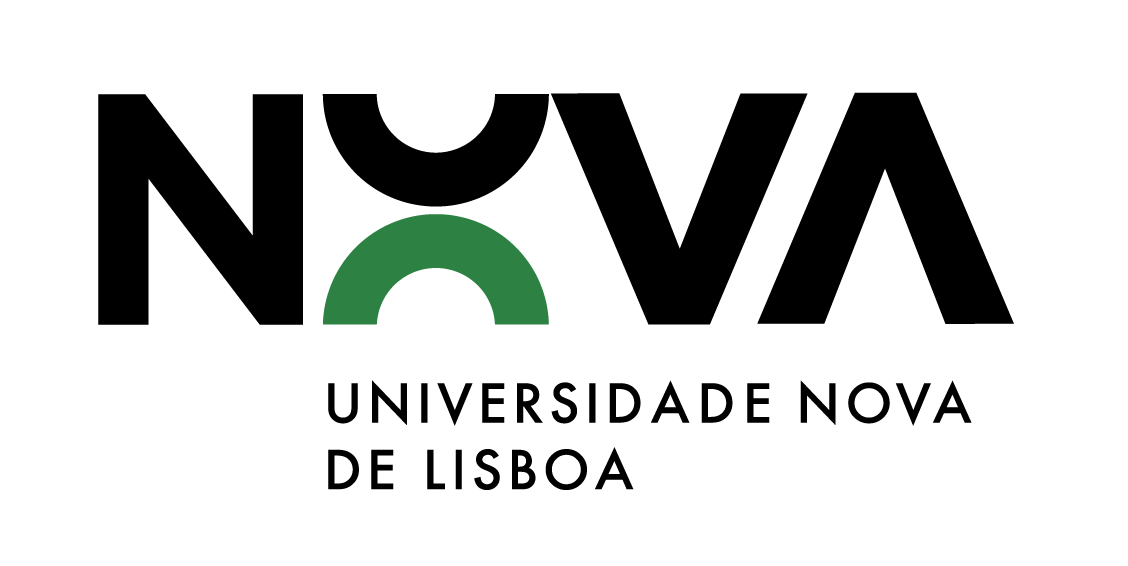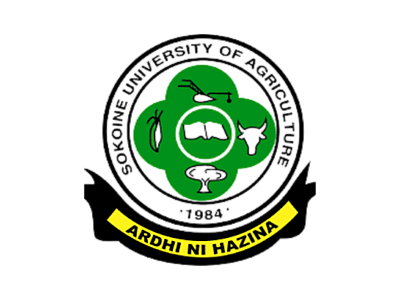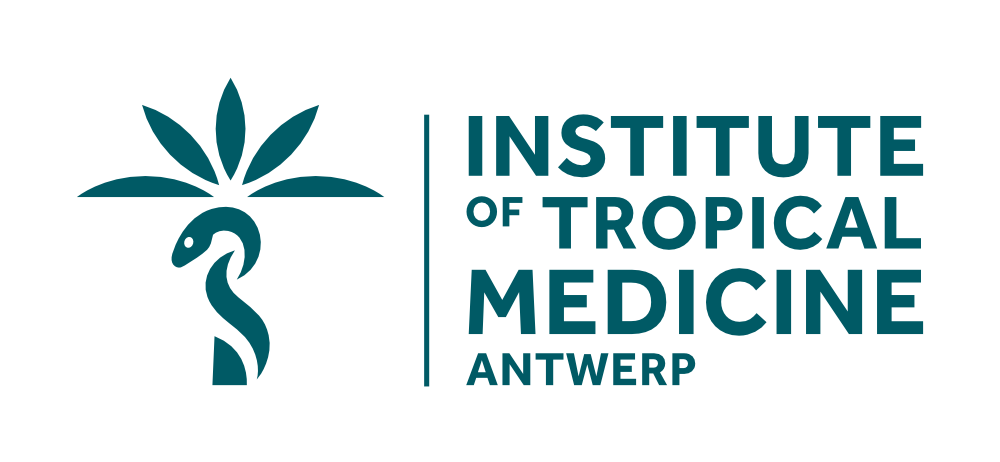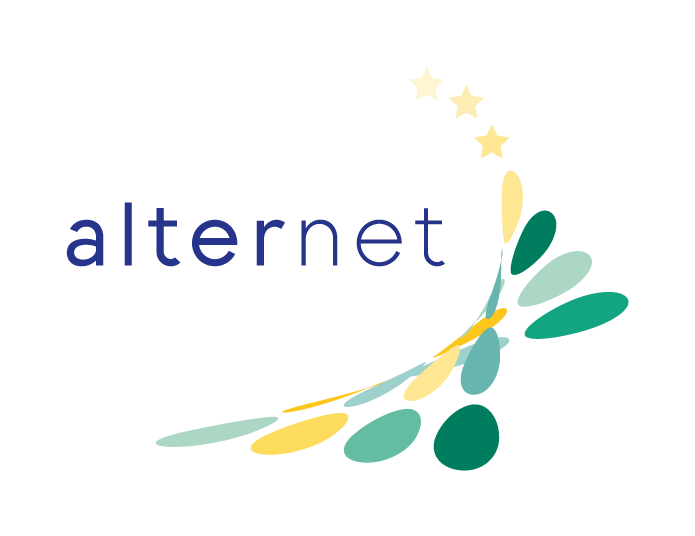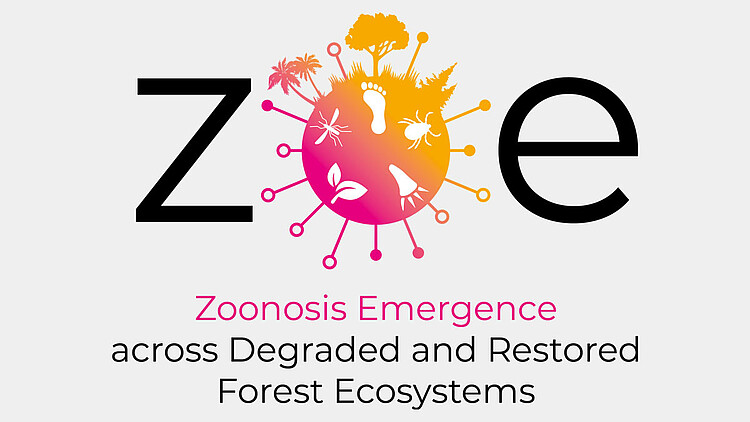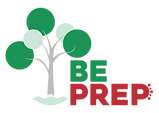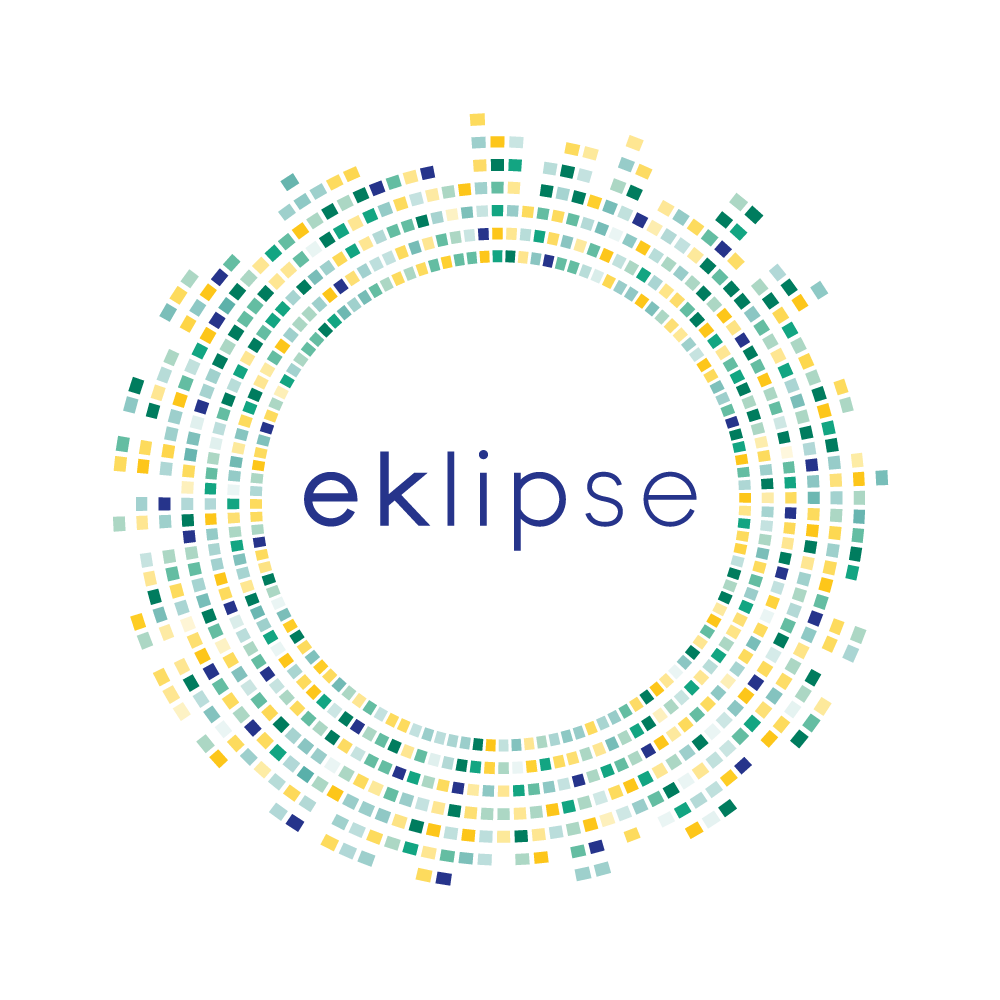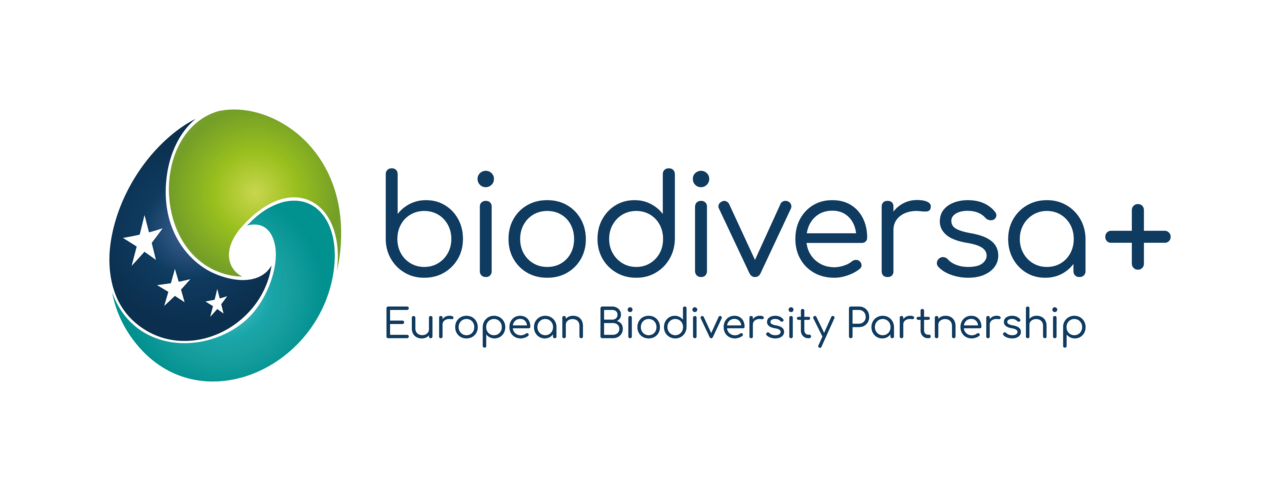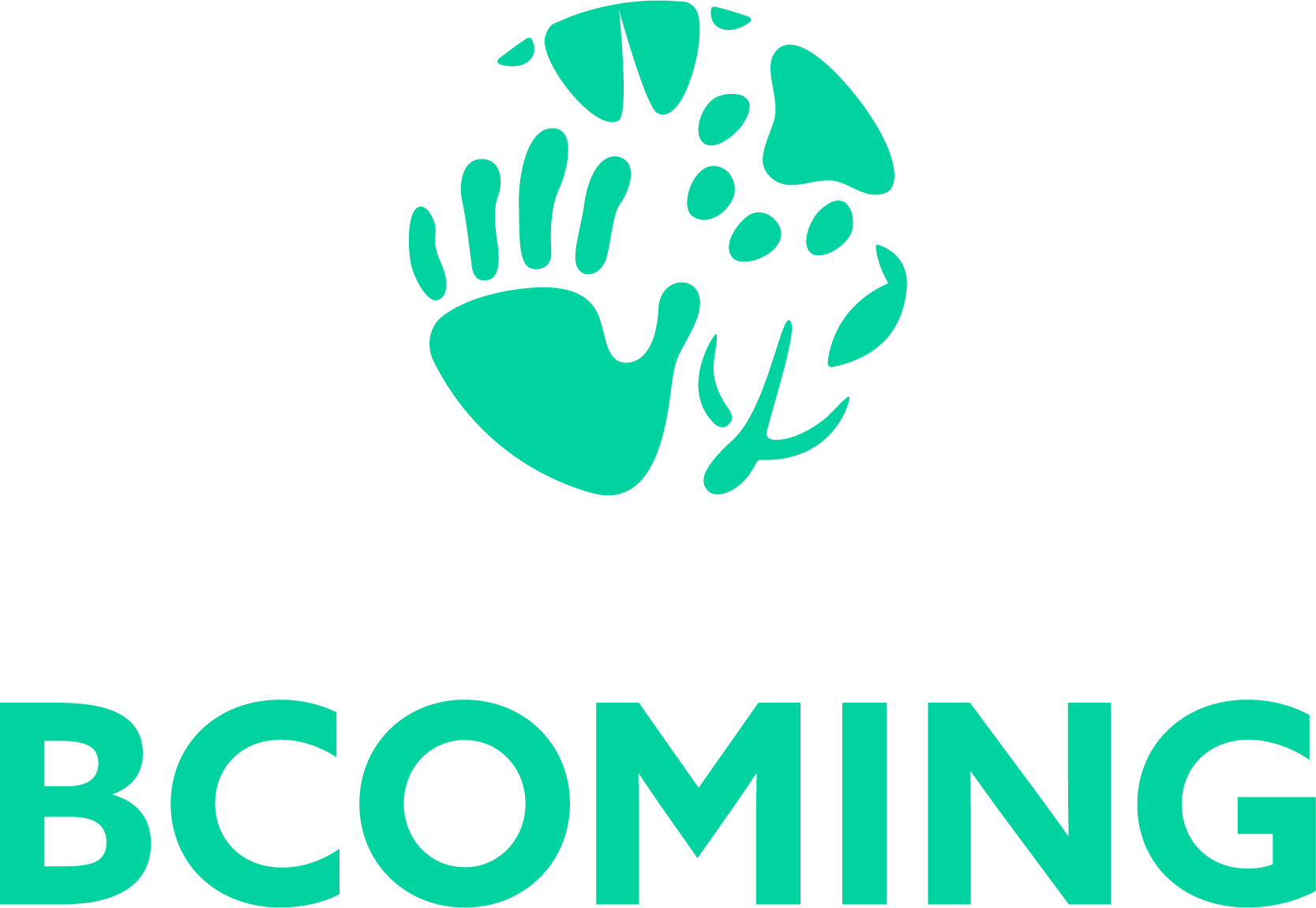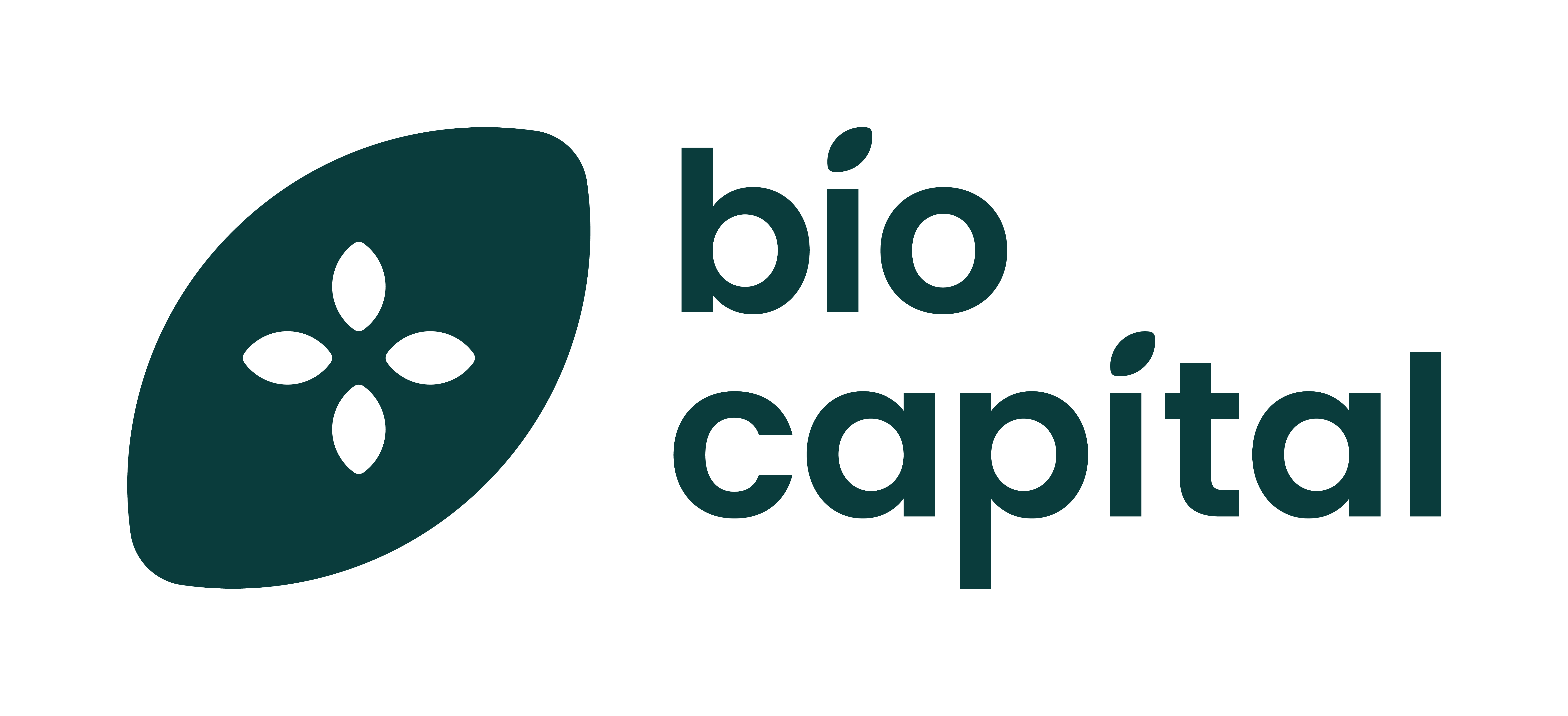RESTOREID explores the link between nature restoration, biodiversity, and disease prevention.
Using advanced methods, we study how restoring ecosystems can reduce disease risks for both animals and
humans.
Our goal is to contribute with valuable knowledge for healthier landscapes and safer coexistence, guided by our core values:
Sustainability
-
Understanding how making nature healthier impacts both animals and people.
-
Figuring out the complex relationships between animals, their behaviours, and the risk of diseases jumping between them and us.
-
Recognising factors like gender, age, and social groups to understand how different communities perceive risks in restoring landscapes.
-
Developing innovative methods to make biodiversity sampling more efficient and accessible.
-
Supporting the creation of a knowledge hub on restoring ecosystems and preventing disease emergence.
And our impact on the following SDGs:
Innovation
COLLABORATION
As evidenced by our rich partner and alliances ecosystem
Consortium
Our diverse team combines expertise in science, technology, and community engagement. Together, we're dedicated to understanding and enhancing landscape restoration, making a positive impact on global health.
Advisory Board Members
Meet our dedicated advisors who are helping to shape a healthier and more sustainable future! The RESTOREID Advisory Board consists of a diverse group of experts who provide strategic guidance and support to ensure the success of our project. Their insights and expertise in ecosystem restoration, public health, and biodiversity are invaluable in driving our mission forward.
-
Dr. Paula Prist
Ecohealth Alliance -
Dr. Ismaila Seck
FAO -
Felicia Keesing
Bard college -
Dr. Serge Moran
University of Montpellier, France -
Paola Isaac Cubides
Humboldt Institute -
Dr. Greg Albery
Georgetown University, USA
Support network
Beyond our consortium, we have also built a strong support network through meaningful partnerships with relevant initiatives, ensuring the quality and impact of our project. Our collaboration with ZOE on the Knowledge Exchange Platform (KEP) is a prime example of this commitment.

